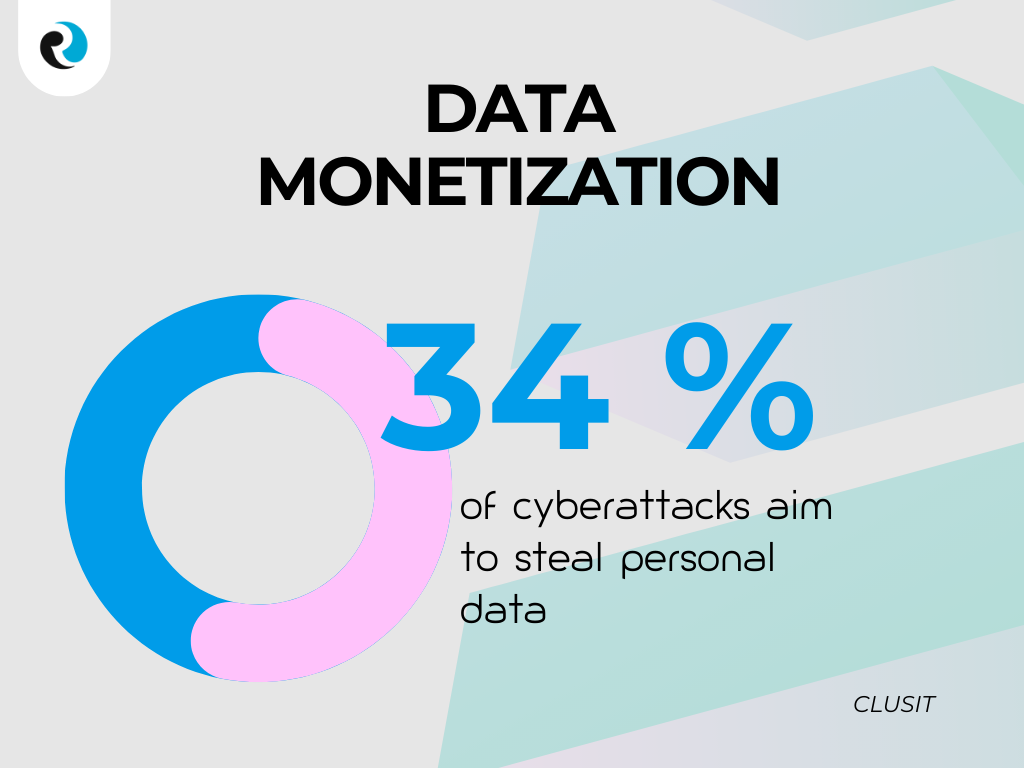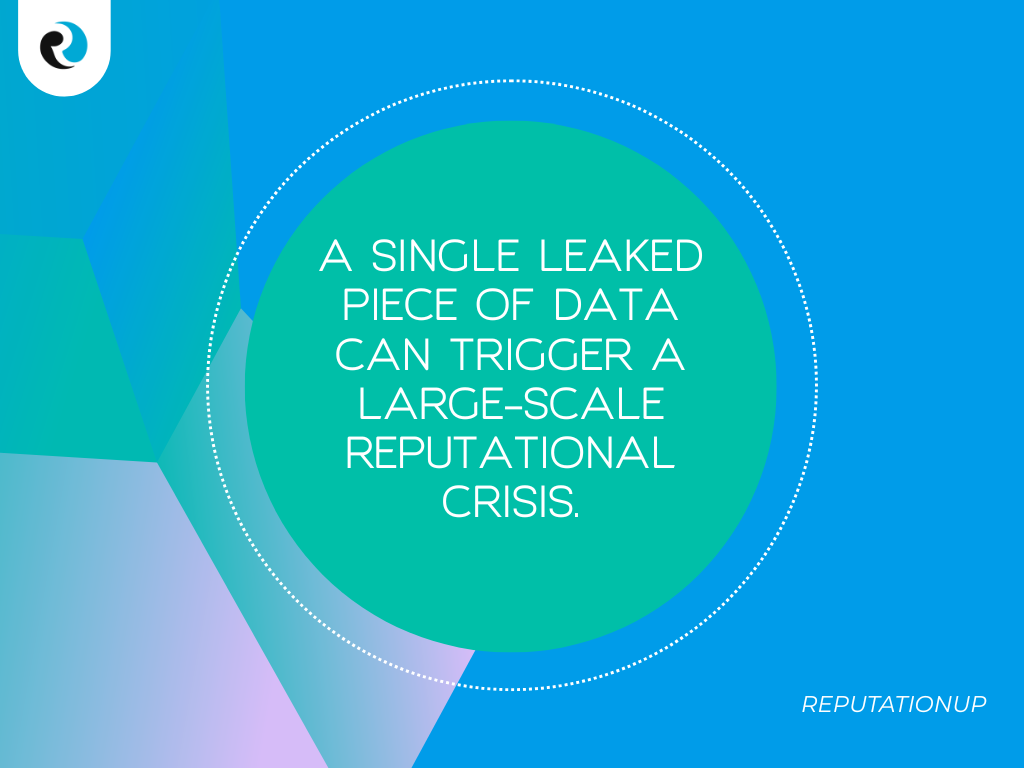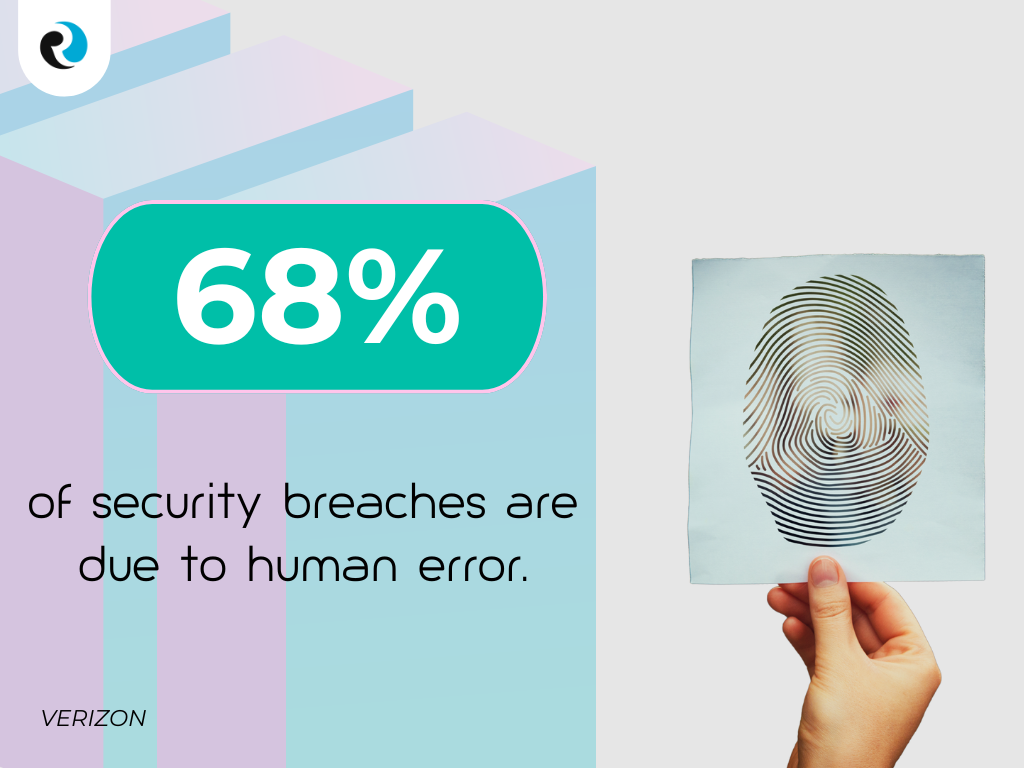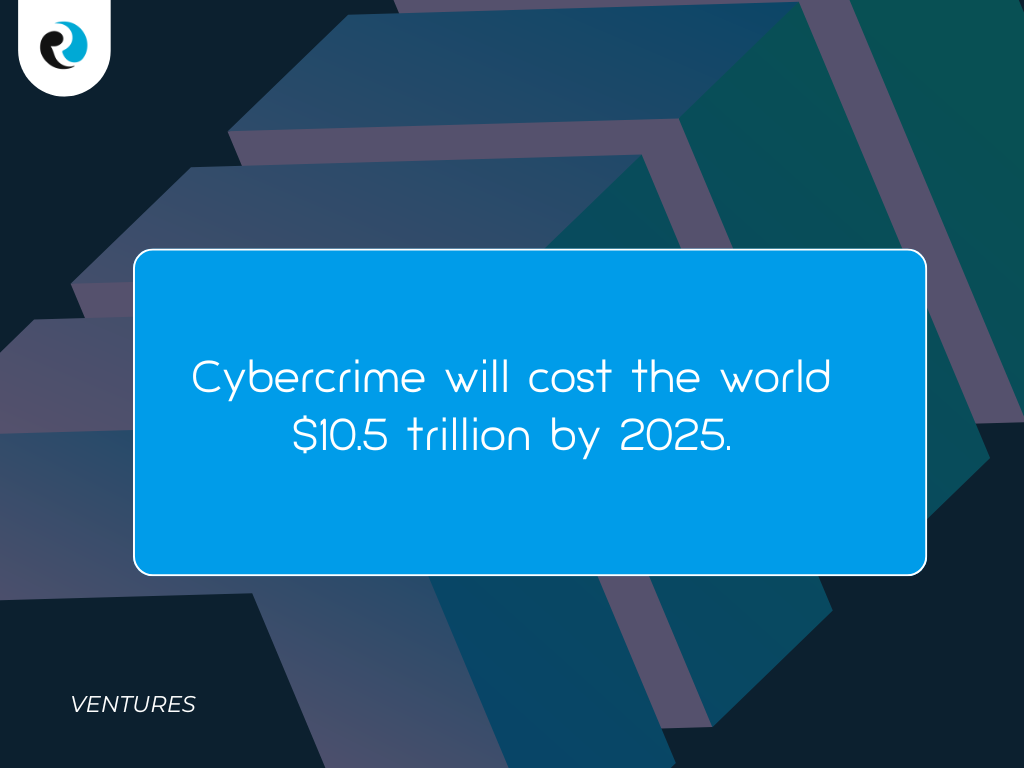A leaked email, a photo shared without consent, or a bank account number posted on forums can be enough to ruin a person’s reputation. Sensitive data, increasingly exposed online, has become the main gateway to fraud and digital blackmail.
Verizon’s 2025 Data Breach Report confirmed that 68% of the security breaches analyzed were due to human error or improper credential handling. These breaches fueled financial fraud, sextortion campaigns, and dark web sales.
Andrea Baggio, CEO of ReputationUP Europe, warns:
“Deleting sensitive data isn’t just a right; it’s a vital necessity. Every piece of data leak can become a weapon against you, which is why digital protection must be consistent and professional.”
Why is it vital to remove sensitive data from the web?
Immediate response: Because the exposure of private information increases the risk of identity theft, financial fraud, blackmail and loss of reputation.
The web doesn’t forget. Once a piece of information is published on social media, forums, or public databases, it can remain accessible for years. Even if it’s removed from the original source, it may have been replicated on multiple websites, making it difficult to control.
Furthermore, data monetization is a growing business. According to Clusit (Cybersecurity Report 2024), 34% of cyberattacks in Italy were aimed at the theft of personal or corporate data.
To detect these leaks in time, tools such as Google Alerts are useful.

What sensitive data should be protected?
Immediate response: Personal, financial, health information, digital credentials and private content.
The GDPR (Regulation EU 2016/679) establishes that sensitive data includes any information capable of revealing the identity or private details of a person. These include:
- Contact information: address, telephone number, email.
- Financial information: bank accounts, card numbers, transaction histories.
- Medical data: clinical reports, diagnoses, treatments.
- Digital credentials: users, passwords, corporate access.
- Private content: photographs, videos, confidential documents.
Exposure to any of these categories poses a serious reputational risk that can affect both individuals and companies.

What are the consequences of digital exposure?
Immediate response: From identity theft to digital extortion, to loss of credibility and professional opportunities.
The main consequences are:
- Identity theft → account opening, access to credit, or financial fraud.
- Digital extortion → cases of cyber extortion and non-consensual pornography.
- Reputational damage → loss of credibility of a professional or company.
- Job blocking → recruiters check your digital footprint before hiring.

How to remove sensitive data from the web?
Immediate response: Through the right to be forgotten, complaints on digital platforms, legal action and professional support.
Right to be forgotten
The GDPR grants European citizens the right to request the deletion of personal data. Google and other search engines have de-indexing forms.
Reports to platforms
Social media and marketplaces have reporting mechanisms. Speed is key: the sooner you act, the greater the likelihood that the information will disappear before it goes viral.
Legal action
In cases of sextortion or revenge pornography, reporting to the authorities is essential. European regulations have strengthened their legal frameworks to combat these crimes.
Professional support
Deleting data isn’t always enough. A comprehensive strategy combining legal, SEO, and digital reputation techniques is required.
Andrea Baggio points out:
“Deleting data is just the beginning. What’s truly important is restoring digital trust and ensuring your name is once again perceived as credible.”
How to prevent new leaks?
Immediate response: With reputation monitoring, secure password management, and multi-factor authentication.
Digital reputation monitoring
Active monitoring allows negative mentions to be detected in real time. Sentiment analysis can identify harmful content and curb its impact before it escalates.
Password management
Global cybercrime will reach $10.5 trillion in losses by 2025, according to Cybersecurity Ventures. Using complex password managers significantly reduces the risks.
Multi-factor authentication (MFA)
Even the most secure passwords can be stolen. MFA adds an additional barrier that has proven to be one of the most effective measures against intrusion.

Conclusions
Deleting sensitive data isn’t a one-time task: it’s a strategic process for security, reputation, and prevention. Protecting personal information is now equivalent to protecting identity and public credibility.
A solid policy should consider not only the removal of harmful content, but also the strengthening of online reputation and the adoption of long-term preventive measures.
Andrea Baggio sums it up clearly:
“Privacy is the most valuable asset we have in the digital age. If you don’t defend it decisively, someone will exploit it against you. At ReputationUP, we help transform vulnerability into strength.”
Frequently Asked Questions (FAQ)
Any information that can identify or harm a person: from a phone number to medical records, financial data, passwords, or private images.
It’s not always possible to delete everything, but it is possible to delete a large portion of data, especially if it was shared without consent.
Report it immediately, change critical credentials, and seek the help of digital reputation and cybersecurity experts.
In Europe, it is protected by the GDPR. In California, the CCPA applies, and equivalent regulations are being developed in Latin America.
Password managers, multi-factor authentication, VPNs, and digital reputation monitoring.
It’s a strategic shield : it strengthens credibility and reduces the impact of potential future leaks.

